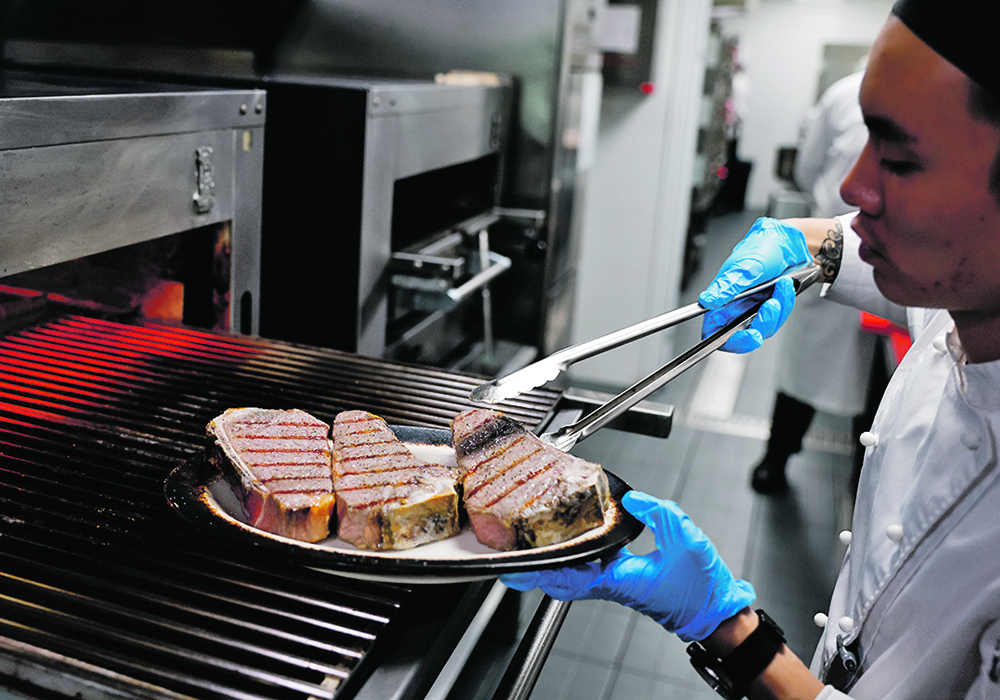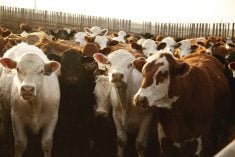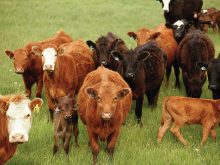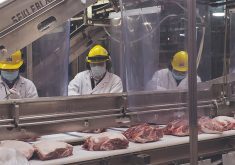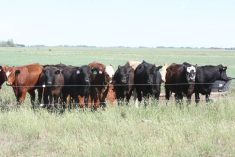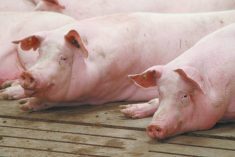Market remains closed following an atypical BSE case in 2021, but industry says ‘incremental progress’ is being made
Canadian beef industry officials are optimistic that restrictions on beef exports to China will ease after a Chinese ban was implemented following a 2021 case of atypical BSE found in an Alberta cow.
China, South Korea and the Philippines placed restrictions on Canadian beef imports following the announcement. The latter two lifted them within weeks. Atypical BSE is naturally occurring and the case wasn’t linked to contaminated feed.
Chris White, Canadian Meat Council chief executive officer, said officials are co-operating with their Chinese counterparts to get the restrictions lifted.
Read Also

Feds propose overhaul of chronic wasting disease control program
Chronic Wasting disease control program getting updated by Canadian Food Inspection Agency with feedback encouraged from producers.
“We’re making incremental progress,” said White, adding he’s visited China twice this spring for meetings with Chinese officials on the situation.
“We’re still fully suspended but we continue to make the case to Chinese officials in both Ottawa and Beijing.”
Several other countries have also lifted their remaining restrictions on beef products from cows older than 30 months that were initiated in 2003, including Japan and Taiwan.
“That’s positive because I think it allows the Chinese to say, ‘maybe we need to re-evaluate the Canadian case,’ ” said White. “Our sense is, as well, from a documentation perspective, Chinese officials have everything that they need from (the Canadian Food Inspection Agency) to give them whatever scientific evidence or information they need.”
Brazil, China’s largest beef importer, has escaped restrictions despite it also reporting atypical cases of BSE.
White said Brazil makes up nearly half of China’s beef import market share compared to Canada’s three to five percent prior to the latest ban.
The size of Brazil’s market share is likely the reason behind the difference between how China is dealing with each country, he said.
“You can appreciate the fallout if half of all the selves were bare because of this one issue,” said White.
Relations between Brazil and China have also been on the upswing with Brazilian President Luiz Lula da Silva visiting China with a large delegation of the business community.
That’s something Canada cannot replicate, said White.
“They have the political, scientific and also just the volume of commodity that’s going in,” said White.
Despite the issues, China remains a large beef market for Canada to tap into as the Chinese middle class continues to expand. It currently stands at about 400 million people, said White.
“That’s a very lucrative market for any country,” he said, adding that the middle class is expected to double in the coming years.
Following a delay, an official with the CFIA is expected to be established with Canada’s embassy to China to help normalize the beef trading relationship, said White.
“We’ve done everything we can on our side and the Chinese have said they’ve got all the information and it’s working its way through its process,” said White. “And we have to respect their process.”
Canada received a negligible BSE risk country designation from the World Organization for Animal Health in May 2021.


